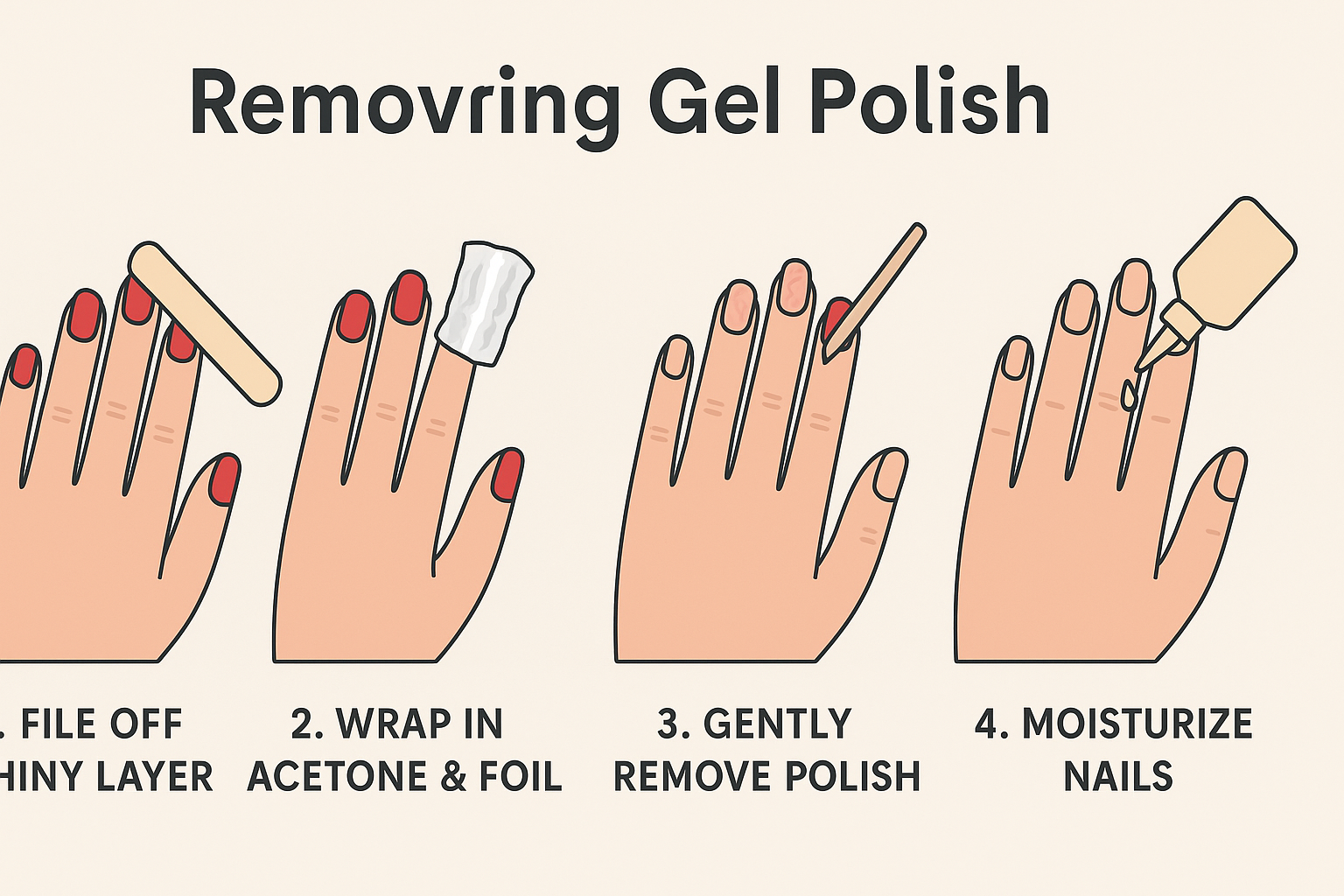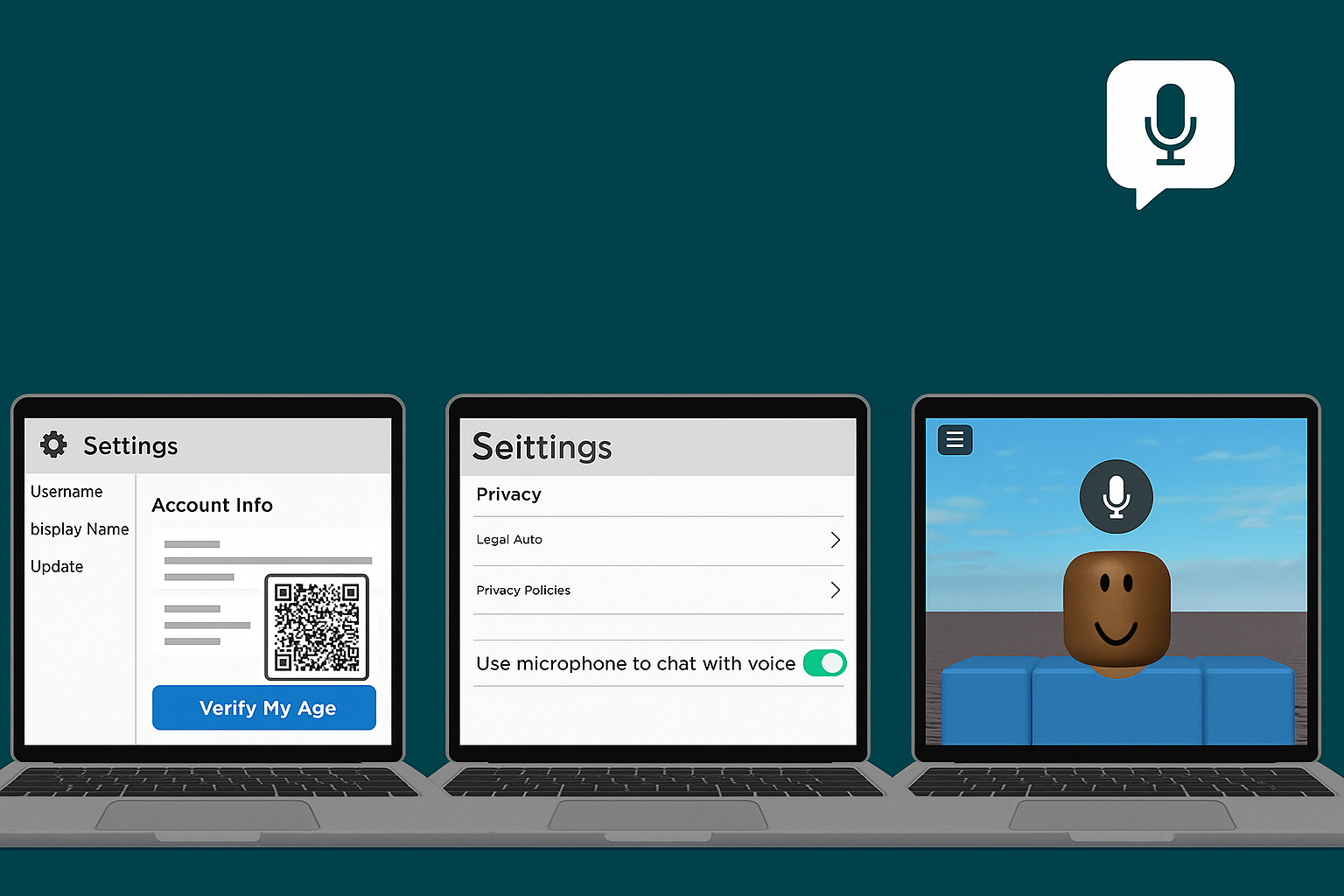What Is the Bordetella Vaccine?
The Bordetella vaccine is a vaccination designed to protect dogs from an infectious disease known as kennel cough, which is medically referred to as canine infectious tracheobronchitis.
The primary bacterium responsible for this disease is Bordetella bronchiseptica, hence the name of the vaccine. However, kennel cough can also be caused by viruses like parainfluenza or canine adenovirus type 2, but Bordetella is often the main culprit in severe cases.
What Is Kennel Cough?
Kennel cough is a highly contagious respiratory illness that affects dogs. It is similar to a cold or bronchitis in humans. The symptoms include:
- A dry, hacking cough (often described as a “honking” sound)
- Sneezing
- Nasal discharge
- Mild fever
- Lethargy
- Loss of appetite in some cases
Though usually not life-threatening, kennel cough can make your pet very uncomfortable and, in rare cases, lead to more serious conditions like pneumonia—especially in puppies, older dogs, or those with weakened immune systems.
Why Is the Bordetella Vaccine Important?
The Bordetella vaccine is important because it helps prevent the spread of kennel cough, especially in environments where dogs are in close contact with each other, such as:
- Dog boarding facilities
- Doggy daycares
- Grooming salons
- Dog parks
- Obedience or training classes
- Veterinary clinics
In these places, an infected dog can easily pass the illness to others through coughing or sneezing. Since kennel cough is airborne, it spreads quickly—similar to how a cold spreads among schoolchildren.
By vaccinating your dog with the Bordetella vaccine, you are not only protecting your own pet but also contributing to the health of the larger canine community.
How Is the Bordetella Vaccine Given?
The Bordetella vaccine can be administered in three main ways:
- Nasal spray (intranasal vaccine): Delivered directly into your dog’s nostrils. It is quick and provides fast protection, usually within 3 to 5 days.
- Injection (subcutaneous shot): Given under the skin like most traditional vaccines.
- Oral vaccine: A newer method where the vaccine is squirted into the dog’s mouth.
Your veterinarian will recommend the best option based on your dog’s age, health, and tolerance.
How Often Should Dogs Get the Bordetella Vaccine?
- Puppies usually get their first Bordetella vaccine around 6 to 8 weeks of age, especially if they are going to be around other dogs.
- Booster doses are recommended every 6 to 12 months, depending on your dog’s risk level and lifestyle.
Some boarding facilities and daycares require proof of Bordetella vaccination within the last 6 months before they allow dogs on their premises.
Are There Side Effects to the Bordetella Vaccine?
Like any vaccine, the Bordetella vaccine can have some mild side effects, though serious reactions are rare. Common side effects include:
- Sneezing or nasal discharge (especially with the intranasal form)
- Mild coughing
- Fatigue or tiredness
- Slight swelling at the injection site (for the shot)
- Decreased appetite
These symptoms usually go away within a day or two. If your dog shows signs of an allergic reaction (swelling of the face, vomiting, difficulty breathing), contact your vet immediately.
Is the Bordetella Vaccine Required by Law?
Unlike rabies, the Bordetella vaccine is not legally required. However, many doggy daycares, boarding kennels, and groomers require it to minimize the risk of kennel cough outbreaks.
So while it’s not mandatory by law, it might be required by service providers you use for your dog.
Who Should Get the Bordetella Vaccine?
The Bordetella vaccine is especially recommended for:
- Puppies who are more vulnerable to infections
- Dogs that frequently socialize with other dogs
- Dogs that attend daycares, training classes, or boarding facilities
- Dogs that travel often with their owners
If your dog is mostly homebound and has minimal contact with other dogs, your vet might say it’s optional. However, even a visit to the vet clinic can expose them to airborne diseases, so many vets recommend it as a precautionary measure.
Can Dogs Still Get Kennel Cough After Vaccination?
Yes, it’s possible but less likely. The Bordetella vaccine doesn’t guarantee 100% protection, but it reduces the severity and duration of the illness if your dog does get infected. Also, remember that kennel cough can be caused by other viruses or bacteria, and not just Bordetella.
Just like with human flu vaccines, the goal is to reduce the impact and spread of the disease.
Final Thoughts: Is the Bordetella Vaccine Worth It?
Absolutely. If your dog has any interaction with other dogs, even occasionally, getting the Bordetella vaccine is a smart and responsible choice. It’s a simple way to protect your pet’s health and reduce the risk of outbreaks in your community.
Always consult with your veterinarian about your dog’s specific needs. They can help you determine how often your pet should receive the Bordetella vaccine, based on their age, health, and lifestyle.







Leave a Reply